By Priya Bhattacharji
The nebulous spirit of ‘Indie’ does not guarantee it a clear-cut definition. Non-mainstream, the usual descriptor, is fairly simplistic and restrictive to describe the limitless possibilities it offers.
Indie, in its simplest sense, is the freedom and power of choice that enables one to create, to engage and collaborate without rigid dictates. Indie or Independent Cinema in India has exemplified this spirt in recent years with some fine examples. What’s delightful to observe is the careers and economies this meandering spirit carves. And, of course, the noteworthy individuals and entities who embody this spirit effortlessly.
Film festivals are no new phenomenon in India but the youthful, creative energy infused in them brings out a distinctive, vibrant presence every year. From incubation labs, to film criticism workshops and interactive platforms for premiere, the Film Festival ecosystem propels the spirt of indie in numerous ways. One such festival is the Dharamshala International Film Festival (DIFF) with its stellar line-up and picturesque setting. Started by filmmakers Ritu Sarin and Tenzing Sonam in 2012, year after year, this independent film festival delivers a intimate yet electrifying experience for both, filmmakers and audience.
We speak to the exuberant manager of DIFF, Afrah Shafiq, who also interestingly happens to have held countless titles –animator|film-maker|designer|writer|line-producer|researcher to name a few. Through this conversation, not only does she unravel an impressive list of projects but also solidifies herself as a remarkable example of the ‘indie’ spirit as we seek to define it.
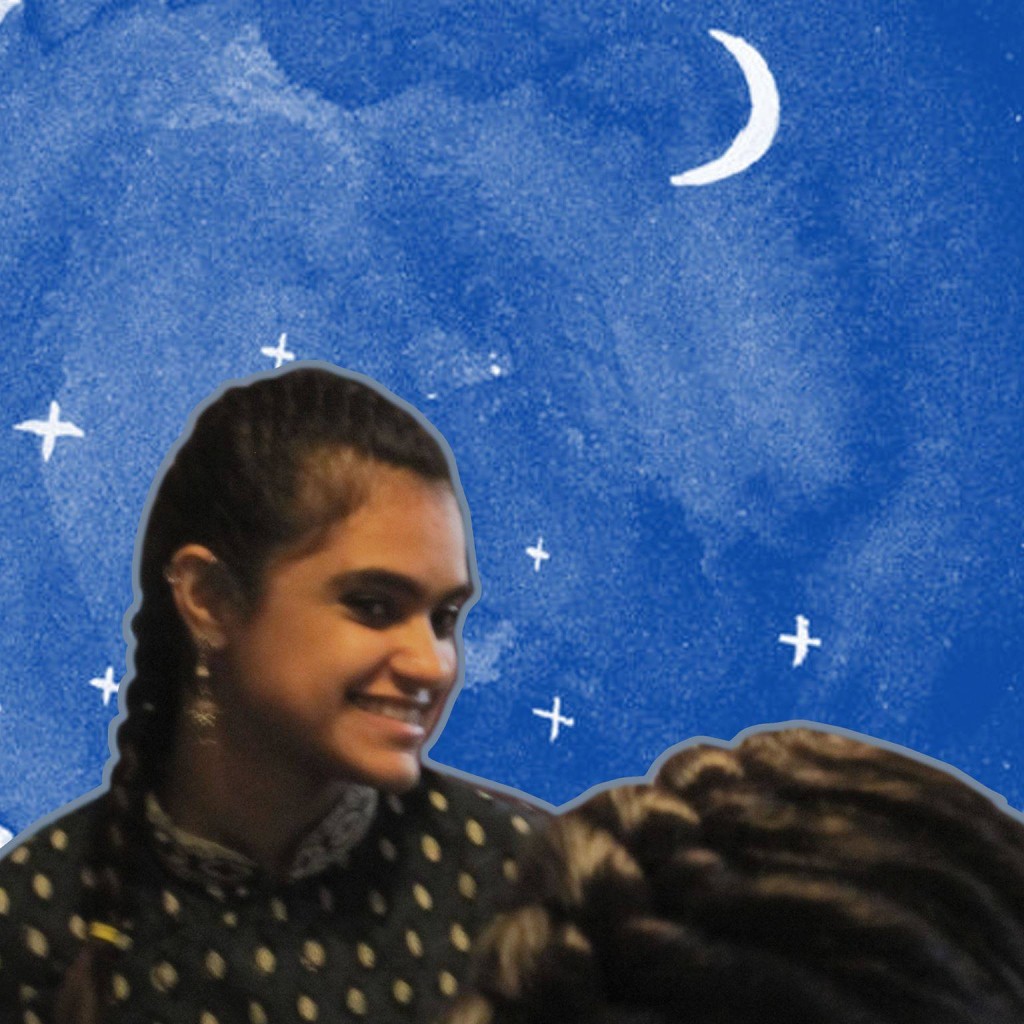
You currently seem to have a pretty enviable project: working in the Himalayas for an exciting film festival. How has it been?
AS: It’s not everyday that you get a job that takes you to the mountains. So when the DIFF gig came along, I was of course really keen to grab it – I imagined lots of nice views and quiet time. But really, it’s been quite hectic ever since we started production. I guess putting together a large programme requires a certain amount of work, and that does not change, whether you are living in a Bombay or a Dharamshala. But luckily we work out of the large and beautiful ‘DIFF HOUSE’ where our office and studio is on the ground floor and we live just upstairs. So there is no traffic jam, train rides and long work commute. Currently, we are a 5-member team core-team living here, and another two live at their own homes in Dharamshala. We try to keep at work from 10 A.M to 7.30 P.M, but often end up staying longer, glued to our computers. Sometimes, we don’t get the chance to step out all day. Very often we end up watching movies together post “work hours”. Having said that, I really don’t miss the city. A ten-minute break means looking at the beautiful moon hanging just above your head and a Sunday off means we can go sit by the stream nearby or hang out in the café’s at Mcleodganj. Our village has some of the most amazing Shabalet and Momos. I haven’t had time to go and explore outside of the immediate neighbourhood, though. I’ll probably do that once the festival is over.
What brought you here ?
In December 2016, I was working as Production Controller at The Convening, a collateral event for the Kochi Biennale. It’s run by TBA 21 (Thyssen-Bornemisza Art Contemporary, Vienna) that also supports the DIFF. That’s how I was introduced to Ritu and Tenzing, festival directors of DIFF, who were present at the event. This year in June and July, Ritu called me and asked me if I was interested in applying for the position. I readily agreed, gave it a shot, and here I am!
Have you worked with film festivals before?
My closest association with showcasing independent cinema: for five five years I’ve been a member of the Curatorial Core Team of Vikalp, where we programmed monthly independent documentary films at Alliance and later at Jnanapravaha, Mumbai. I was also a Curatorial Fellow with the Katha Centre for Film Studies/India Foundation for the Arts Film Curation Program. In the past I have worked as a festival assistant for smaller screenings and student festivals like Doosra Chashma Film Festival for Laadli at Whistling Woods International, Men and Boys for Gender Justice for IAWRT. Two years back, I was on the preview committee for Kashish Mumbai International Queer Film Festival.
A very interesting work trajectory. Has your educational background influenced it in any way?
I studied English Literature at Christ Church, Bangalore and I was really into writing. I always imagined that I would do an M.A. then perhaps a Ph.D., and eventually write and teach. In our final year at Chirst, we had this documentary filmmaking module and I got totally hooked. That’s when I decided that I liked to do anything with video. After my graduation in 2009, I enrolled for the audio-visual production course at SIMC that gave me quite a wide range of technical skills, and I got especially interested in post production, ranging from edit, design and animation.
An internship landed me a chance to work with Paromita Vohra and her film ‘Partners in Crime’, and from then on – one interest led to another. I’ve worked as a freelancer ever since I graduated – sometimes doing research, or production or design or edits/assisting. Initially I was only interested in the world of documentary filmmakers directly, but I later ended up also doing a lot of work around visual art.
That’s fascinating exposure straight out of college.
Yes, I think college internships are really great. After working for some time with Majlis, a centre for rights discourse and interdisciplinary arts run by the filmmaker Madhusree Dutta, I freelanced with What About Art?, an arts management studio in Bombay…and then I was back again working with Paromita Vohra. This time as one of two Associate Directors on a documentary show she was directing for Prime Time Zee TV called ‘Connected Hum Tum,’ with Abhay Deol as the host. I also have more recently worked again with Paromita on an amazing project of hers called Agents of Ishq – where I was a Creative Associate, primarily focused on the design aspects of the project.
It’s getting increasingly hard for me to even attempt slotting you into a particular work category.
(Laughs) That is the logic of my freelancing. I chose projects that are interesting – I don’t see them as creative or managerial. I don’t think it is a particular field of medium that I am restricted to. I have been moving from project to project taking on anything that sounds exciting to me – either in its form, or its engagement or with the artists and filmmakers I get to work with and learn from etc.
That’s actually led me to have a lot of experiences working with varied types of outfits: from being a line producer for the Boiler Room UK to Research and Documentation for a performance art project by artist Rosana Cade for the Commonwealth Games, Glasgow. I have researched from subjects varying from Rakhi Sawant to art history.
I don’t have a demarcation of producer/manager and creative. I don’t have and don’t wish to have the “Main artist hu, so I can’t do managerial work” attitude. I’d like to be both. There is nothing menial in management; you can do it as creatively as you want to. I truly believe that if you work both as an artist and a manager, it will lead you to being more sensitive to artists when you are wearing your manager hat and more empathetic to managers when you are in artist mode. This switching of roles has really taught me a lot.
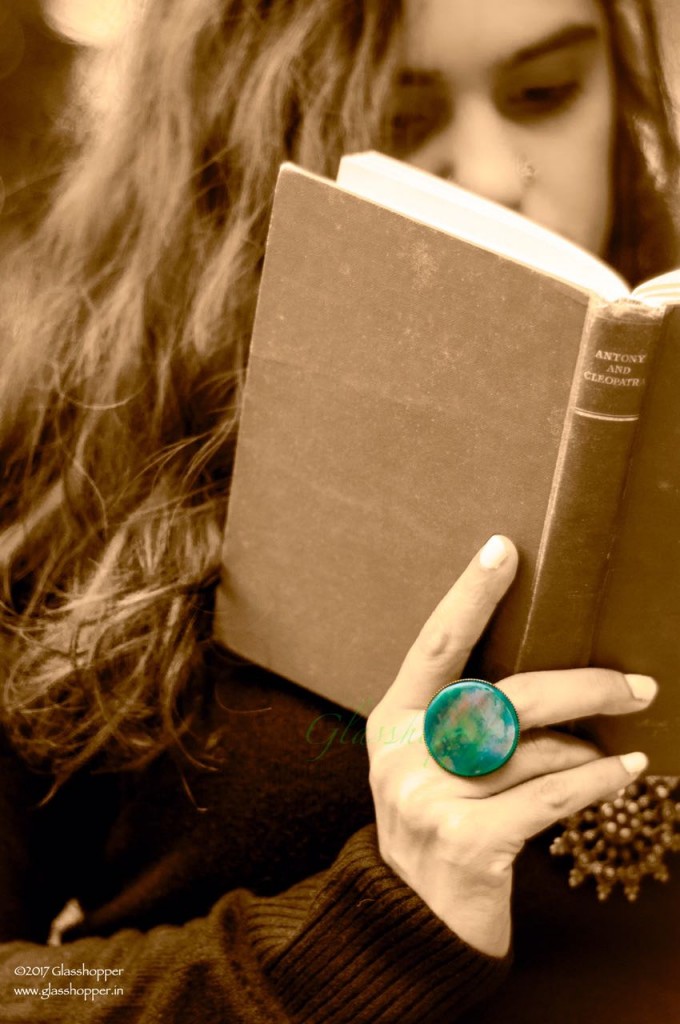
Tell me something about your originals.
Well, I have just completed my first independent project as an artist. I have been working on it for the past two years. It started when I got awarded an archival and museum fellowship by India Foundation for the Arts at the Centre for Studies in Social Sciences Calcutta (CSSSC). The project is called Sultana’s Reality and it is an interactive multimedia web-story about the relationship between women and books in India.
Some years back, I co-directed Dream Girls, a fifteen-minute Internet video, with a very close friend and collaborator, Deepika Sharma. The film looks at the lives of women in Bombay and their fantasies for themselves in the public space. It was made as a response to the one year of fear and paranoia generated in the mainstream media after the Delhi gang-rape in 2012, and tries to open out the narrowing world of women in the public space by focusing instead on their dreams and the enactment of them, where dreaming becomes a means of protest.
I have authored a few long form essays for Grist media, published on Yahoo! Originals. These include a piece on the Indian Women’s football team, set against the backdrop of sports and women in India, and another one titled ‘In Praise of Stubborn Girls,’ on the cultural phenomenon of Kangana Ranaut, a popular Bollywood film actress who has suddenly emerged as a distinct feminist voice playing out of a host of unconventional, female focused films and characters. I was also shortlisted under Creative Writing in English for Toto Funds the Arts Awards, 2013.
Coming to your current role as manager of DIFF, tell us more about it.
Managing DIFF is a huge responsibility and I really hope that my team and I put together as amazing an edition as all the previous ones have been. We are only one month away from the festival right now and things are in full swing! We are putting up posters around town, our film schedule is locked, the visiting filmmakers’ travel plans are being made – multiple visits to our beautiful venue TCV opposite Dal Lake are being made. We are slowly putting together our band of volunteers for this year…the festival is coming together bit by bit. We also have running in full swing the community outreach program where films are being shown to various local communities around Kangra in partnership with Jagori Grameen. Our festival designs are being done by W+K and we are loving the beautiful look they have churned out for us this year.
Its been busy – blurry sometimes – but mostly really great fun.
The Community Outreach Programme is an interesting one.
One of the main reasons this festival started was to bring Cinema to the mountains. For long, the local community did not have exposure to films. DIFF isn’t a festival simply for people from outside to attend. We want the community here to watch films too. We have an outreach manager, Mathew Singh Toor, who lives in Dharamkot and is familiar with the local community and how it thinks of film. We work with Jagori Grameen, our community partners for DIFF who have a very strong engagement with the community as well.
Cinema is a powerful medium that makes you feel alive and makes you want to engage. The idea of the outreach programme is to slowly build a comfort level with cinema. Some of the films we have been showing for the local outreach are Gitanjali’s Rao’s Printed Rainbow, Bela Negi’s quirky mountain comedy Daayen Ya Baayen, Ajay Saklani’s Himachali drama Saanjh, Farah Alam’s Superstars of Koti.
What do we expect at DIFF this year?
We are in process of revealing the line-up. DIFF has never been about big names, but rather the offbeat and unconventional. It is a celebration of independent cinema, and the films for this year are truly amazing. Some of the highlights have been announced on our social media .
In the line up we have two award-winning documentaries: Kirsten Johnson’s ‘Cameraperson‘ which premiered at the Sundance Film Festival to critical acclaim and won the top prize at the Sheffield Doc/Fest; and Rahul Jain’s Machines which won the World Cinema Documentary Special Jury Award for Excellence in Cinematography at 2017’s Sundance Film Festival.
We also have Deepak Rauniyar’s Oscar entry from Nepal, ‘White Sun‘ and South Asian premieres of three acclaimed experimental films: Amar Kanwar’s ‘Such a Morning’ (India), and Naeem Mohaiemen’s ‘Tripoli Cancelled’ (Bangladesh), both of which premiered this year at documenta 14; and Singapore filmmaker Tan Pin Pin’s ‘IN TIME TO COME‘.
There will be a special screening of the critically acclaimed ‘A Death in the Gunj‘, presented in person by director Konkona Sen Sharma.
#DIFF2017 will also feature the Indian premiere of Out of This World (USA), a newly restored version of journalist and writer Lowell Thomas’ fascinating account of his travels to Tibet in 1949 (originally released in 1954).
This year’s feature film highlights include Dain Said’s ‘Interchange‘ from Malaysia, Yaniv Berman’s ‘Land of the Little People’ from Israel, Dechen Roder’s Honeygiver Among The Dogs from Bhutan, Yoshinori Sato’s ‘Her Mother’ from Japan, Mano Khalil’s The Swallow from Switzerland, Karma Takapa’s Ralang Road, an Indian film to be selected at this year’s Karlovy Vary International Film Festival after 13 years.
Apart from film screenings you can expect some engaging panel discussions and masterclasses, really fun children’s films, a beautiful mountain view, lots of interesting people from all over the world, very very cold weather and lots of amazing food (especially the momos).
Where are you headed after DIFF?
I honestly have no idea! Usually I plan my schedule months in advance and block my dates with back to back projects planned. For once, I just want to keep things open till the end of the year, travel a bit, take a break – a breather – assess the journey so far and then decide the path ahead. It’s been a crazy ride and I hope the madness continues.

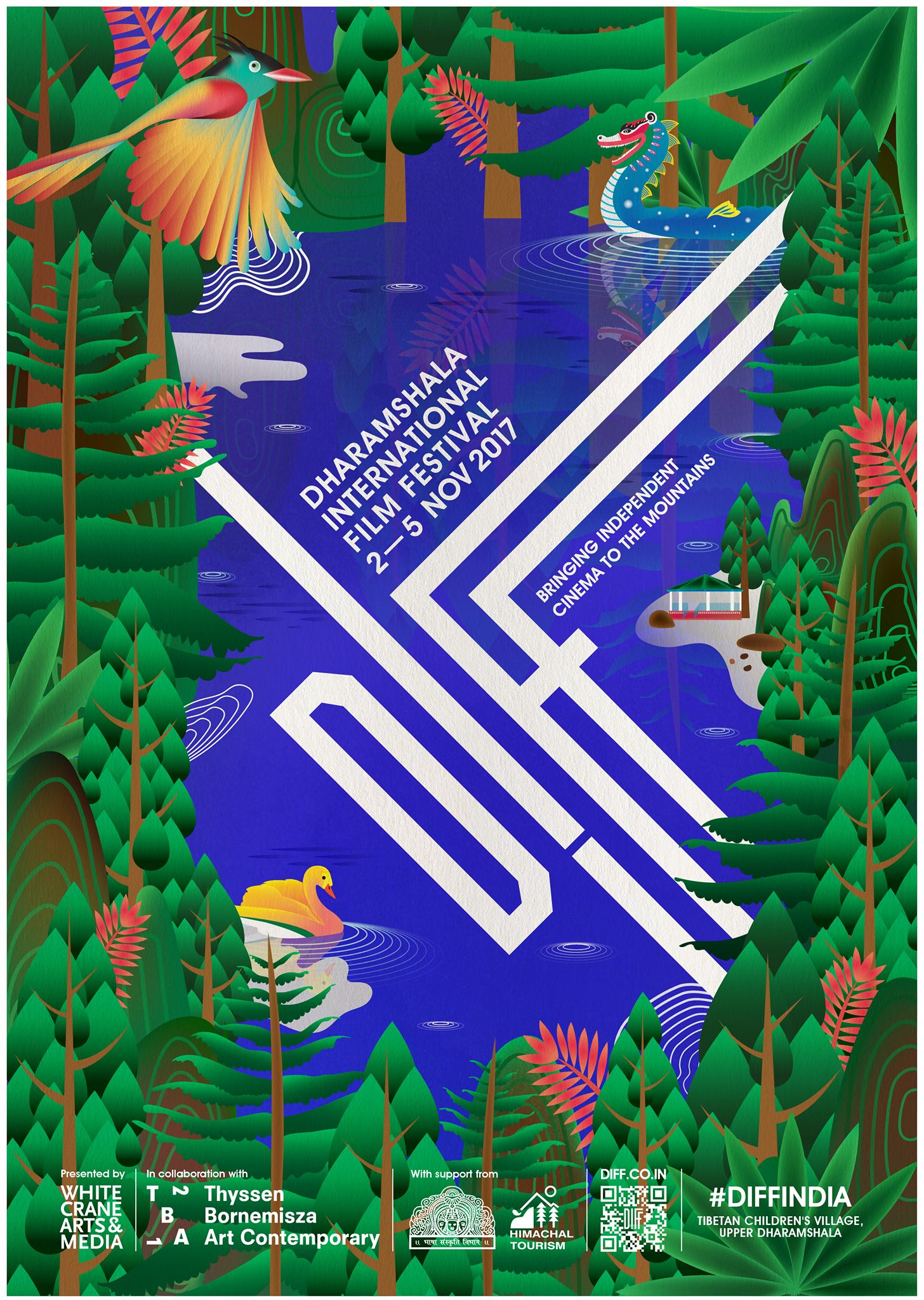

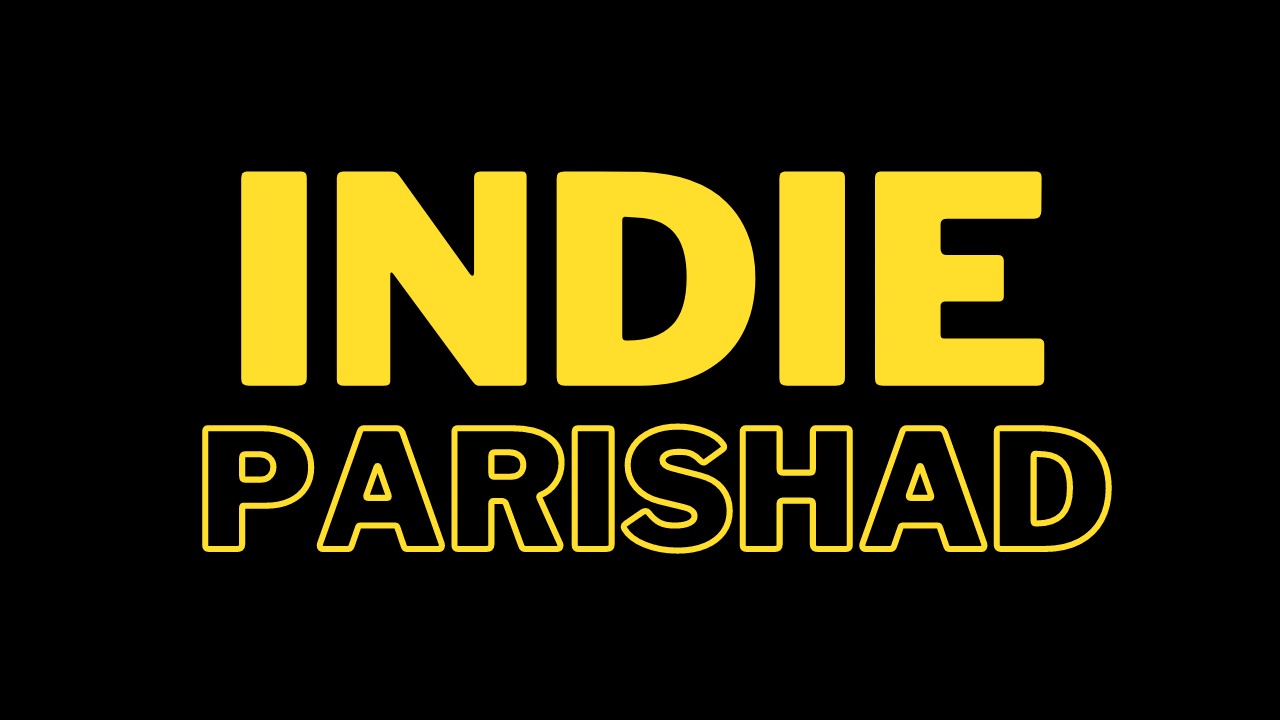
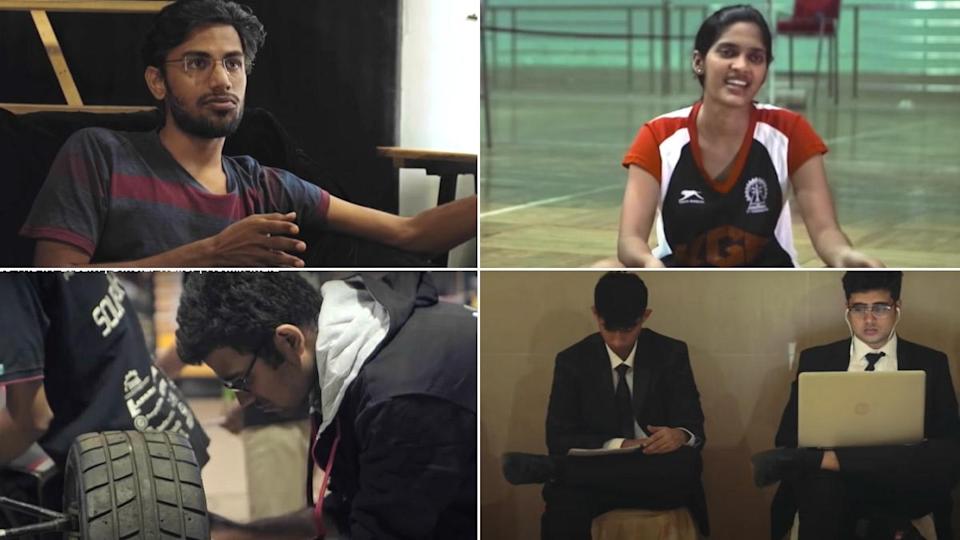
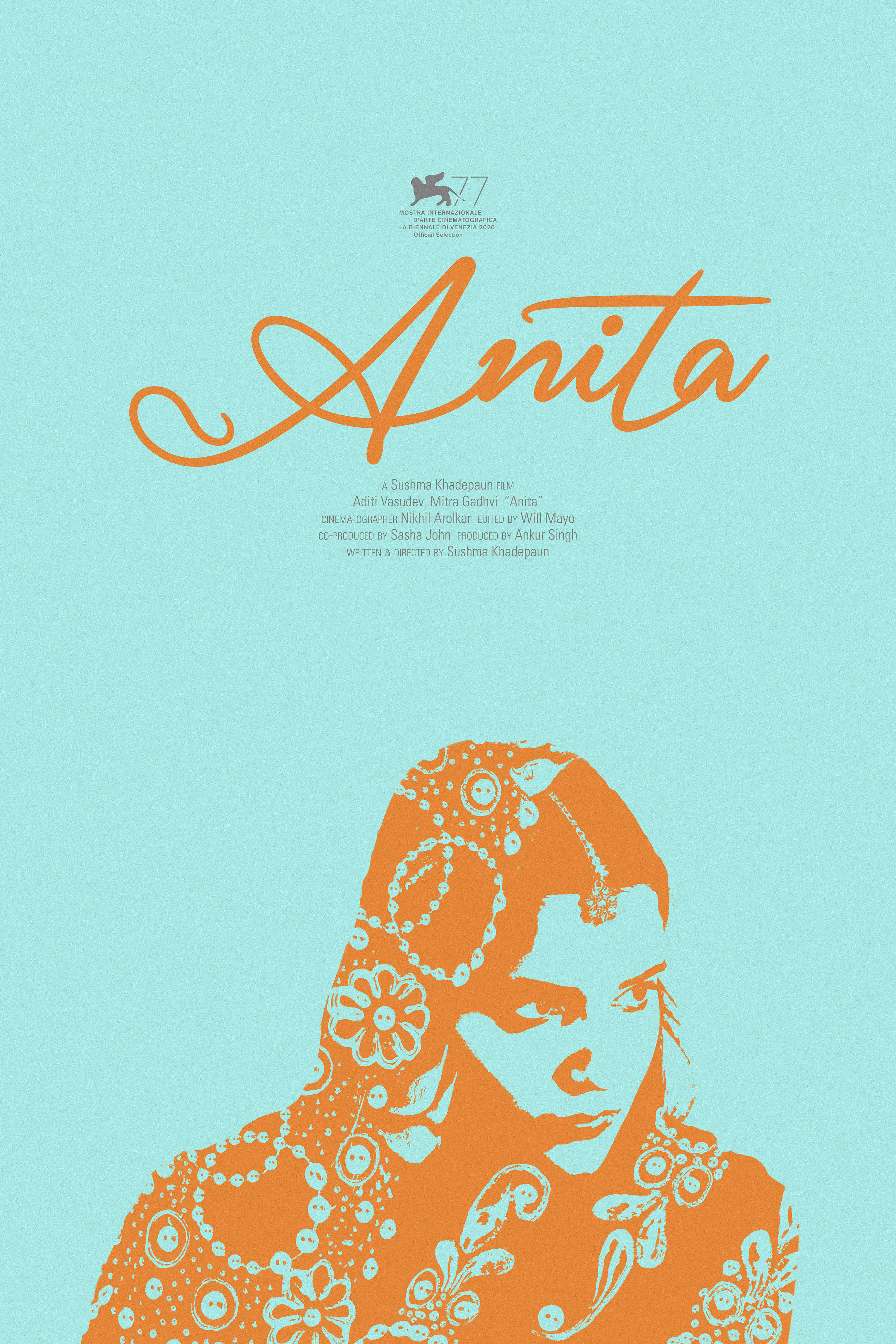
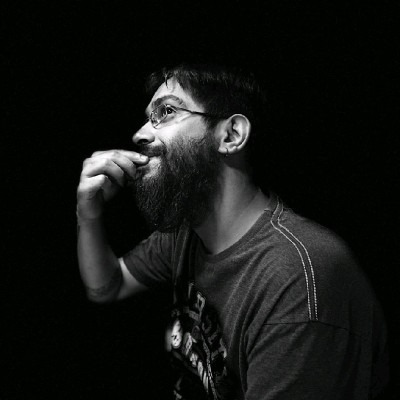


Leave A Comment
You must be logged in to post a comment.